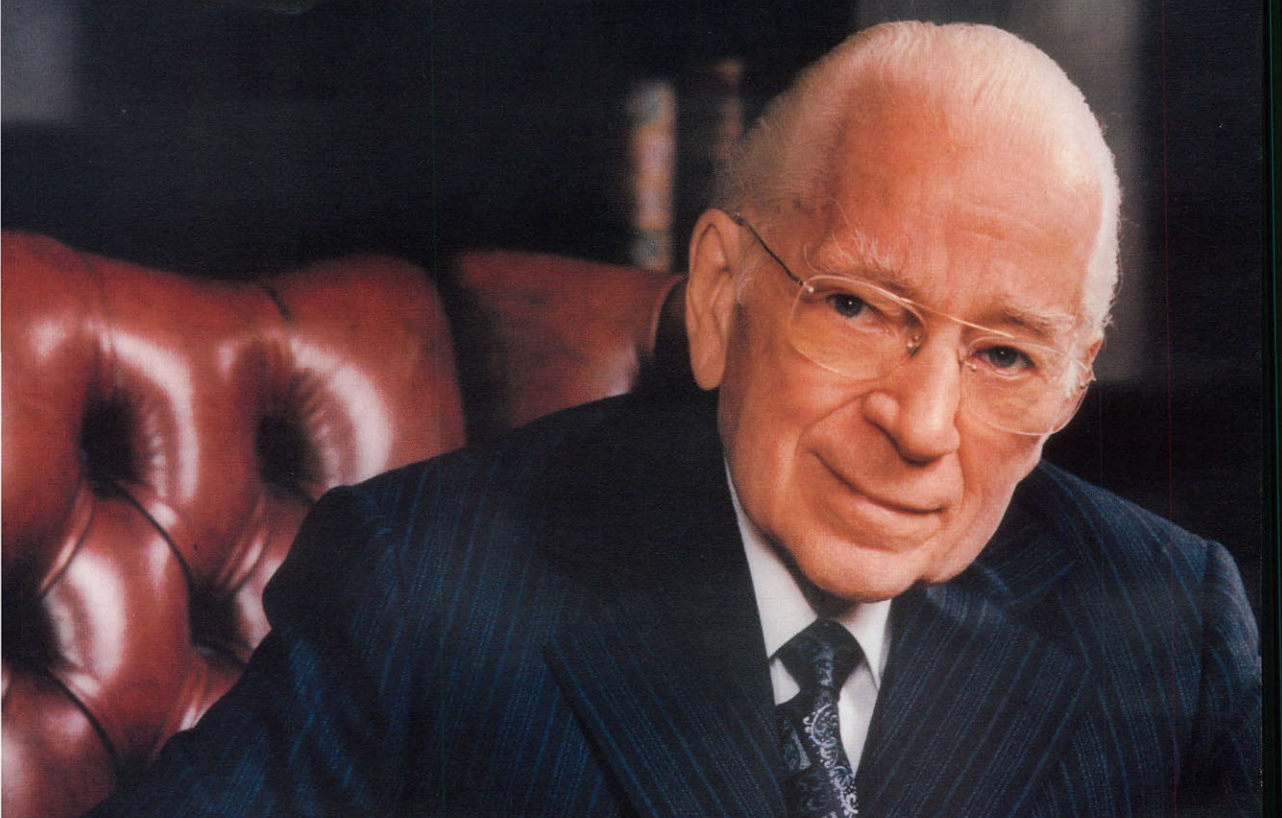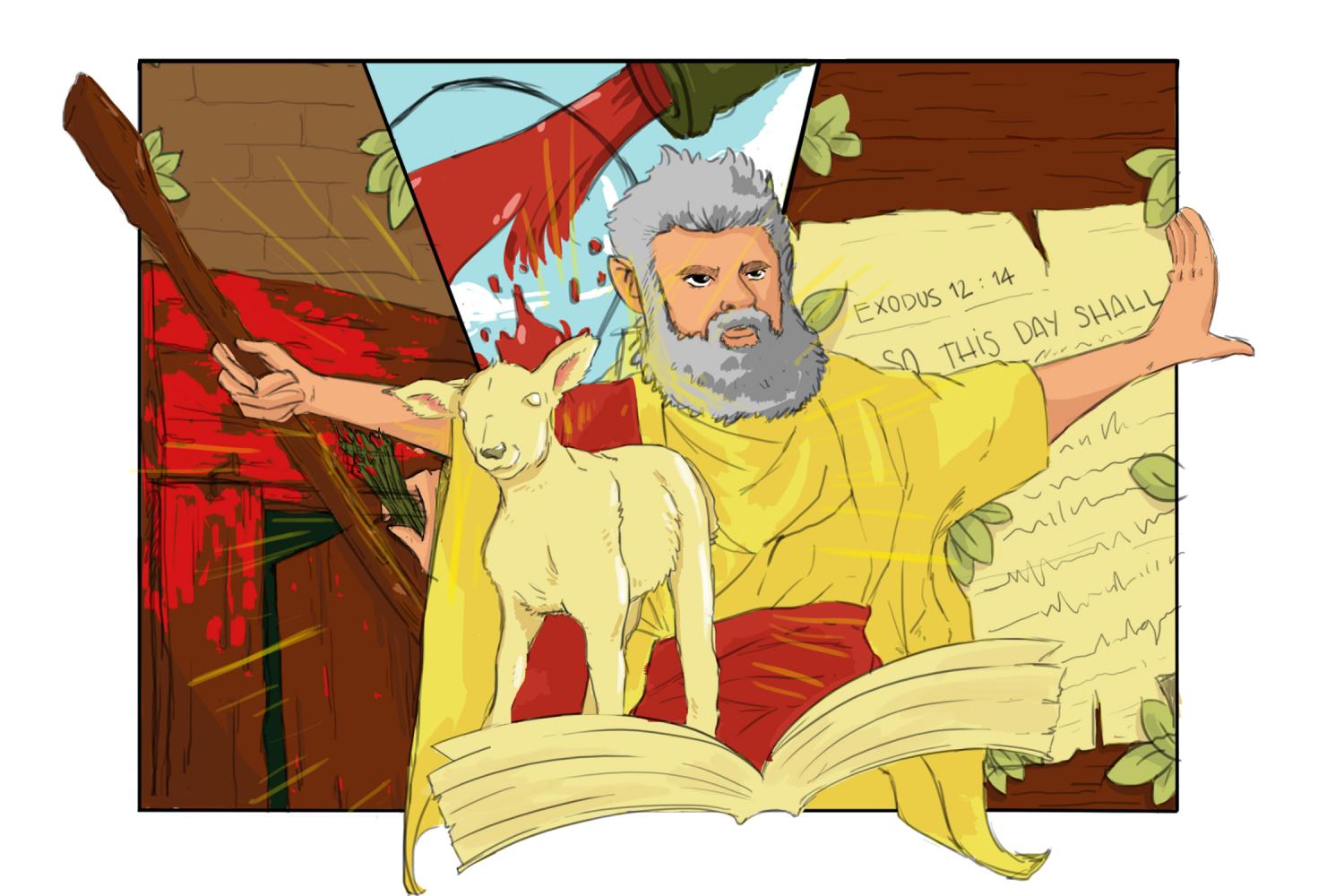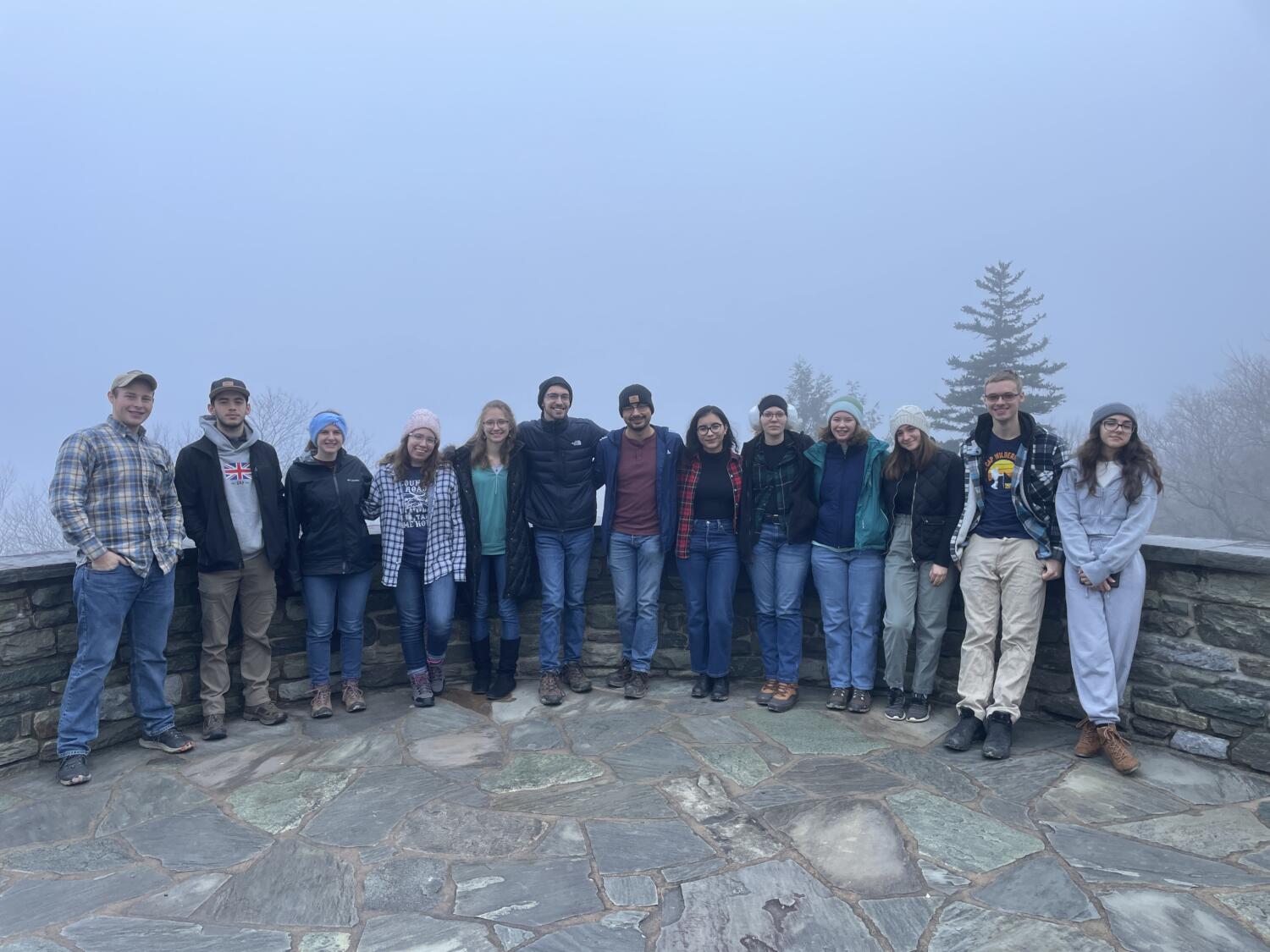Forum Summary: Who Was Mr. Herbert W. Armstrong?
Author: Ryan Price | Student, Living Education – Charlotte, 2021-22
Estimated Reading Time: 3 min.
For the forum this week, the director of Living Education, Mr. Jonathan McNair, wanted to give the students a look into the final days of the Worldwide Church of God through a collection of interviews with Mr. Herbert W. Armstrong
about the early days of the Church and his visits with the prominent world leaders of the day. Mr. McNair explained that it was important for the students to understand who Mr. Armstrong was and recognize the legacy he left behind.
50 Years of Work
Mr. Armstrong was one of the pioneers of religious broadcasting. His broadcasting career began with a 15-minute time slot on the KORE radio station in 1933. But with the popularity of his broadcast, the station asked him to start a regular Sunday program, leading to the beginning of what would be called the Radio Church of God. On February 1st, 1934, the first issue of The Plain Truth magazine was released with only about 350 copies. Little did Mr. Armstrong realize at the time that this humble radio show and magazine were the start of what was to become a worldwide work to fulfill the great commission Jesus Christ gave His Church. Mr. Armstrong went on to write in his autobiography, “At last in the light of fast developing, world-encircling events, it became apparent what was actually happening back in 1934 was precisely this: Jesus Christ was opening the gigantic, mass-media door of radio and the printing press for the proclaiming of His same original gospel to all the world.” (Armstrong, 539).
By 1944, The World Tomorrow radio program could be heard throughout the United States, and by 1953 it was broadcast to all of Europe through Radio Luxembourg, the most powerful radio station on earth at the time. As The World Tomorrow program grew, so too did the circulation of The Plain Truth, first in the thousands, then in the millions. Mr. Armstrong remained active as editor-in-chief of the magazine until the end of his life.
“You will be brought before rulers and kings for My sake.”
For almost 20 years, Mr. Armstrong traveled the globe meeting with kings, emperors, presidents, prime ministers, and leaders of many nations. The walls of his study were lined with gifts and mementos from these visits.
When asked about what he discussed with these leaders, Mr. Armstrong said, “I talk about the conditions that they are confronted with…The cause of these conditions, I go as an unofficial ambassador for world peace. I have to tell them why we don’t have peace; I have to show them how peace is going to come…Do I talk about the Kingdom of God? Yes, I do. And God is going to intervene, sometimes I tell them that straight out.”
When asked the reasons behind these visits, Mr. Armstrong said, “My whole purpose in going to the heads of state is to establish myself [in] the country and get the gospel message to the lay people… [In] many countries, I have found, you can’t get in there with a religious message that you want to get to their people unless you’ve been approved at the top.”
Mr. Armstrong lived his life doing God’s work until the very end. His life serves as an inspiring example of faith and service to the Church. Mr. McNair explained that what we’re doing today is the legacy of Mr. Armstrong’s work. God orchestrated it so that Mr. Armstrong was a witness to mankind, so we too have the potential to become witnesses to the world.









